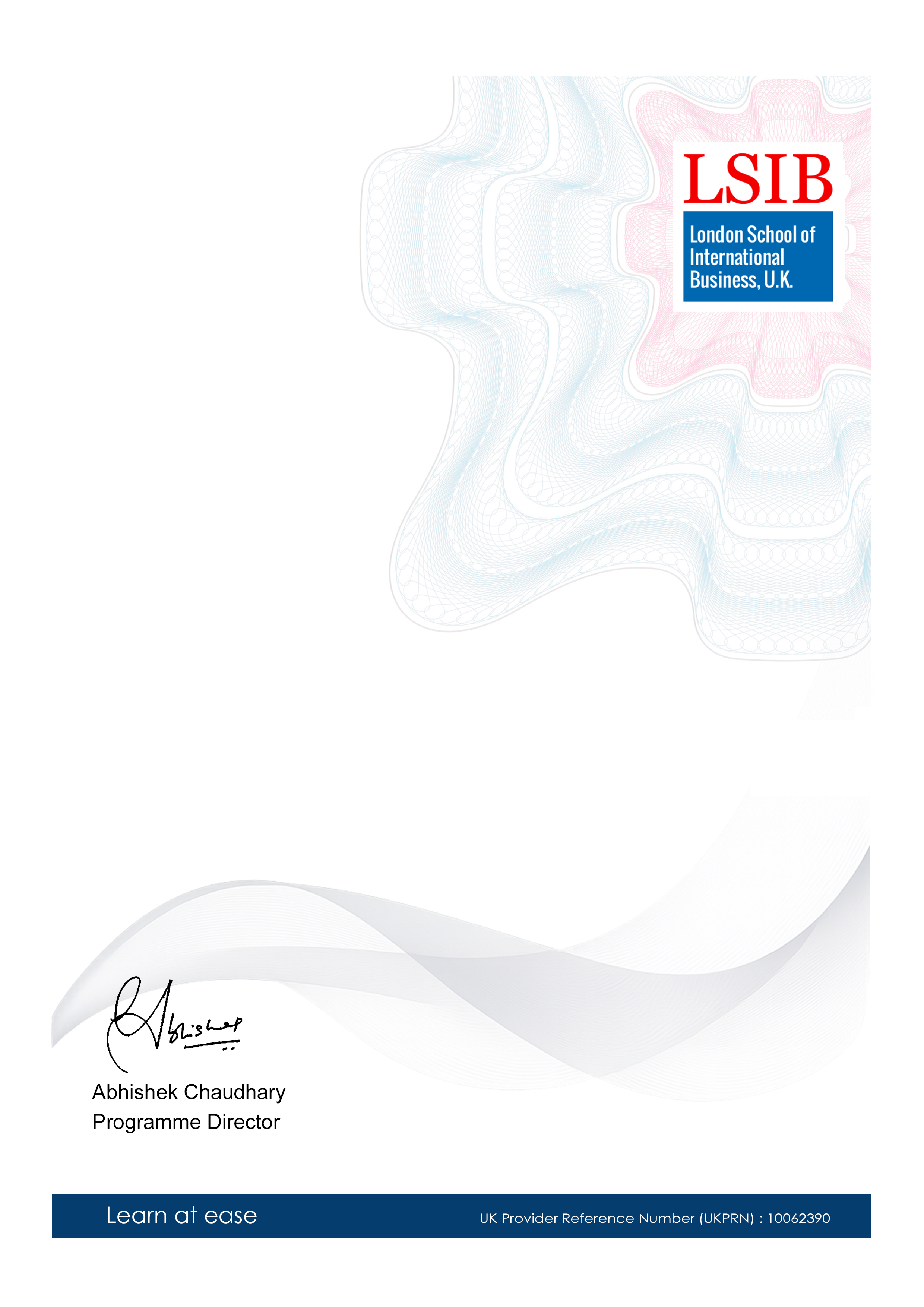Career Advancement Programme in Climate Resilience for Wildlife
-- viewing nowClimate Resilience: This Career Advancement Programme equips conservation professionals with crucial skills for wildlife management in a changing world. Designed for wildlife biologists, conservation managers, and environmental professionals, the program focuses on practical strategies.
7,601+
Students enrolled
GBP £ 140
GBP £ 202
Save 44% with our special offer
About this course
100% online
Learn from anywhere
Shareable certificate
Add to your LinkedIn profile
2 months to complete
at 2-3 hours a week
Start anytime
No waiting period
Course details
• Wildlife Conservation Strategies in a Changing Climate
• Habitat Restoration and Management for Resilience
• Protected Area Management and Climate Adaptation
• GIS and Remote Sensing for Climate Risk Assessment
• Climate Change Policy and Governance
• Community Engagement and Conservation
• Climate-Smart Agriculture and Wildlife Coexistence
• Monitoring, Evaluation, and Learning in Climate Resilience Programs
Career path
| Career Role (Climate Resilience & Wildlife) | Description |
|---|---|
| Conservation Scientist (Climate Change) | Conducting research on the impacts of climate change on wildlife populations and ecosystems. Developing and implementing climate change adaptation strategies. |
| Wildlife Habitat Restoration Ecologist | Working on projects that restore and enhance wildlife habitats to increase their resilience to climate change. Implementing nature-based solutions for climate mitigation and adaptation. |
| Climate Change Adaptation Officer (Wildlife) | Developing and implementing strategies to help wildlife adapt to the impacts of climate change. Collaborating with stakeholders to reduce the vulnerability of species and ecosystems. |
| Environmental Consultant (Climate & Biodiversity) | Providing advice and support to organisations on climate change mitigation and adaptation strategies related to wildlife conservation. Conducting environmental impact assessments. |
| GIS Specialist (Wildlife & Conservation) | Using Geographic Information Systems (GIS) to support wildlife conservation efforts, including modeling climate change impacts on habitats and species distributions. |
Entry requirements
- Basic understanding of the subject matter
- Proficiency in English language
- Computer and internet access
- Basic computer skills
- Dedication to complete the course
No prior formal qualifications required. Course designed for accessibility.
Course status
This course provides practical knowledge and skills for professional development. It is:
- Not accredited by a recognized body
- Not regulated by an authorized institution
- Complementary to formal qualifications
You'll receive a certificate of completion upon successfully finishing the course.
Why people choose us for their career
Loading reviews...
Frequently Asked Questions
Course fee
- 3-4 hours per week
- Early certificate delivery
- Open enrollment - start anytime
- 2-3 hours per week
- Regular certificate delivery
- Open enrollment - start anytime
- Full course access
- Digital certificate
- Course materials
Get course information
Earn a career certificate

